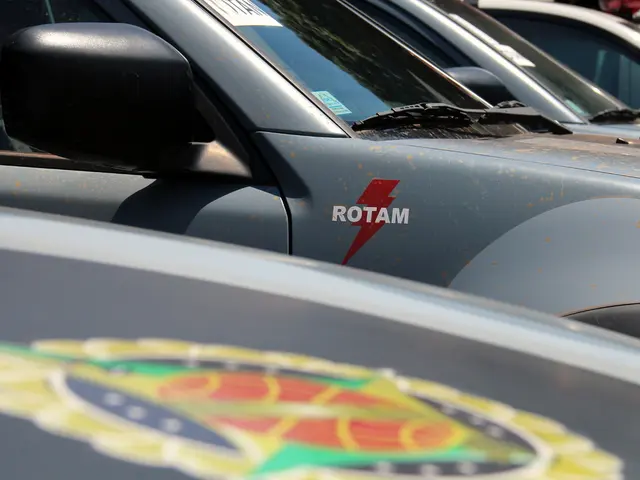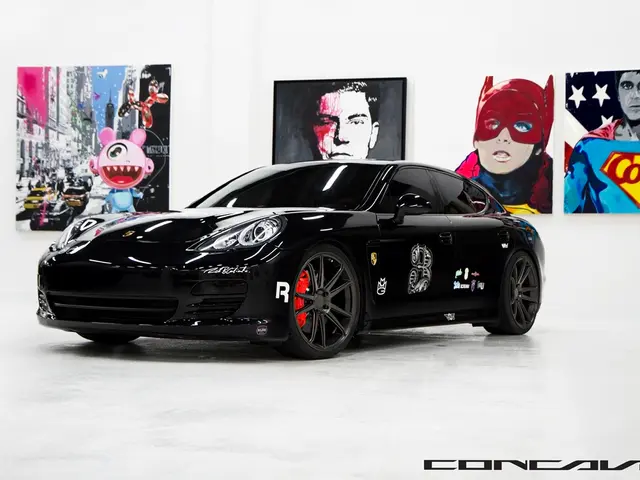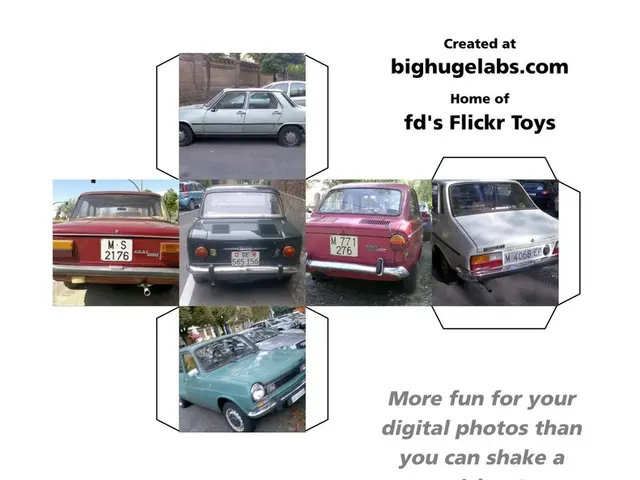Commission Tasked with Presenting Radiation Safety Proposal for Workers
Soaring Car Prices in Europe: Car Manufacturers Share Blame
In the heart of Europe, new car sales have plummeted by 11% since 2019. Simultaneously, the average cost of vehicles purchased has escalated significantly. For instance, in France, car prices have reached 34,872 euros in 2024, a staggering 24% increase from 28,107 euros in 2020, equivalent to 6,800 euros. This alarming inflation has triggered complaints from car manufacturers, who accuse the European Union of strangling businesses with regulations.
In a rare public outcry, the top brass of Renault and Stellantis, Luca de Meo and John Elkann respectively, vented their frustration against European norms, blaming them for the escalating costs. "European rules make our cars increasingly complex, heavy, and expensive, and people can no longer afford them," lamented Luca de Meo in an interview with Le Figaro. According to him, a Clio's price could rise by 40% between 2015 and 2030. Stellantis, on the other hand, attributes 92.5% of this inflation to regulation.
However, a study conducted by the Institute for Mobility Transitions (IMT) and the C-Ways firm suggests a different story. The study distinguishes between effects that manufacturers incur, such as regulations, and other factors like the inflation of raw materials and energy. The study also takes into account "chosen" effects, such as increasing prices strategically to enhance certain models' margins. According to the study, 6 points of the observed 24% inflation in France can be attributed to causes suffered by manufacturers, 12 points to chosen causes, and the remaining 6 points to hybrid causes.
In light of these findings, it appears that car manufacturers also bear some responsibility for the escalating prices. The study revealed that brands like Dacia, affiliates of Renault, have witnessed significant upscaling and price increases to shed their “low-cost” image. Similarly, Stellantis brands like Opel have increased their prices to differentiate themselves from competitors like Citroën. This trend towards larger, more expensive vehicles is known as the SUVization of the automotive market, which has led to the disappearance of small city cars like the Peugeot 108 and the Smart ForTwo.
As the automotive market inflation is expected to continue due to the transition to electric cars, the authors of the study concur with Renault and Stellantis on one point: it would be beneficial to introduce a new category of small, regulators-friendly vehicles, taking inspiration from Japanese 'Kei Cars'. This proposal is one that Renault, with its upcoming R5 electric model, is actively considering.
In conclusion, while European regulations have a role in the rising car prices, car manufacturers also bear some responsibility. They are choosing to produce larger, more expensive vehicles at the expense of smaller, less expensive models, contributing to the market's inflation. The successful launch of Renault's R5 electric model shows that commercial success is still attainable, provided that prices remain reasonable. However, it remains a concern that traditional buyers of budget cars are struggling to keep up with these increasing prices.
In the context of the escalating car prices in Europe, both European regulations and the automotive industry contribute to the issue. As the study reveals, while certain regulations increase costs, car manufacturers also opt for producing larger, more expensive vehicles, reducing the availability of small, affordable city cars like the Peugeot 108 and Smart ForTwo. In response to this situation, Renault is considering the production of a small, regulators-friendly electric vehicle, the R5, to address ongoing market inflation and provide affordable options for budget-conscious buyers.








